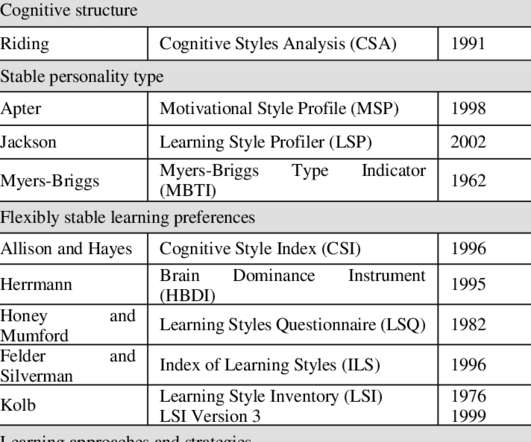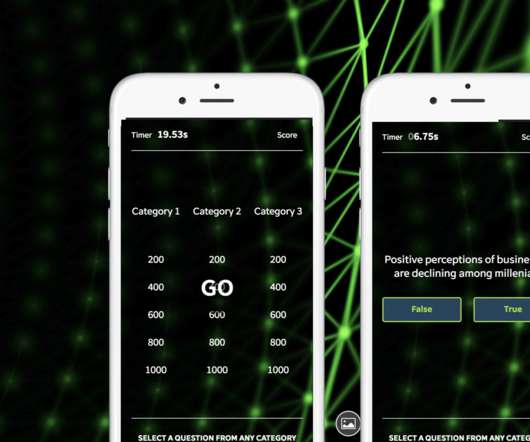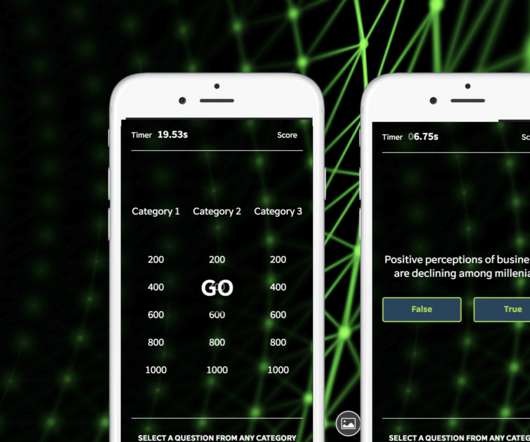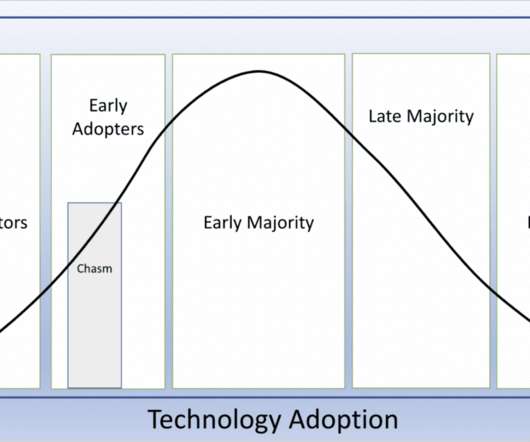How our learning theories shape how we use technology for learning
Joitske Hulsebosch eLearning
JANUARY 22, 2015
I read a paper called Perspectives on learning and technology: A review of theoretical perspectives "This paper provides a review of literature pertaining to theoretical references on educational practice and technology from perspectives of learning theories of the 20th and 21st centuries." Somehow the traditional e-learning modules.











































Let's personalize your content